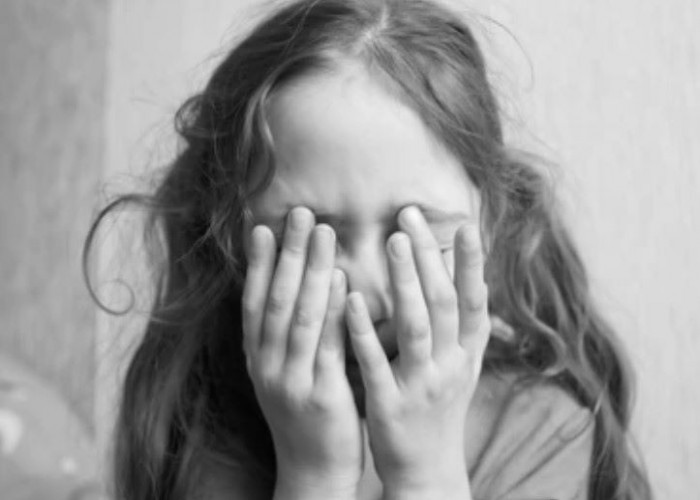 Welcome
Welcome
“May all be happy, may all be healed, may all be at peace and may no one ever suffer."
Childhood schizophrenia
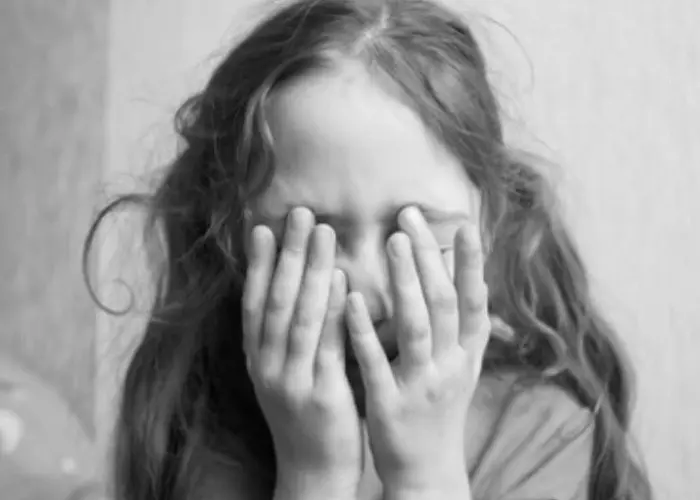
Childhood schizophrenia is a rare and severe mental disorder that affects children under the age of 13. It is characterized by a range of symptoms, including hallucinations, delusions, disorganized speech and behavior, social withdrawal, and cognitive impairments. The causes of childhood schizophrenia are not well understood, but are thought to involve a combination of genetic, environmental, and neurological factors. Treatment typically involves a combination of medication, psychotherapy, and family support, and can help manage symptoms and improve the child's quality of life. Early detection and intervention are important for optimal outcomes in childhood schizophrenia.
Research Papers
Disease Signs and Symptoms
- Trouble sleep (insomnia)
- Is slipping in academic performance
- Has stopped meeting daily expectations, such as bathing or dressing
- Has developmental delays compared with other siblings or peers
- More likely to have visual hallucinations
- Withdrawal from friends and family
- Other abnormal motor behaviors — for example, rocking or arm flapping
- Rapid mood chang
- Irritability
- Has bizarre ideas, behavior or speech
- Has violent or aggressive behavior or agitation
Disease Causes
Childhood schizophrenia
It's not known what causes childhood schizophrenia, but it's thought that it develops in the same way as adult schizophrenia does. Researchers believe that a combination of genetics, brain chemistry and environment contributes to development of the disorder. It's not clear why schizophrenia starts so early in life for some and not for others.
Problems with certain naturally occurring brain chemicals, including neurotransmitters called dopamine and glutamate, may contribute to schizophrenia. Neuroimaging studies show differences in the brain structure and central nervous system of people with schizophrenia. While researchers aren't certain about the significance of these changes, they indicate that schizophrenia is a brain disease.
Disease Prevents
Childhood schizophrenia
Early identification and treatment may help get symptoms of childhood schizophrenia under control before serious complications develop. Early treatment is also crucial in helping limit psychotic episodes, which can be extremely frightening to a child and his or her parents. Ongoing treatment can help improve your child's long-term outlook.
Disease Treatments
Schizophrenia in children requires lifelong treatment, even during periods when symptoms seem to go away. Treatment is a particular challenge for children with schizophrenia.
Treatment team
Childhood schizophrenia treatment is usually guided by a child psychiatrist experienced in treating schizophrenia. The team approach may be available in clinics with expertise in schizophrenia treatment. The team may include, for example, your:
- Psychiatrist, psychologist or other therapist
- Psychiatric nurse
- Social worker
- Family members
- Pharmacist
- Case manager to coordinate care
Main treatment options
The main treatments for childhood schizophrenia are:
- Medications
- Psychotherapy
- Life skills training
- Hospitalization
Psychotherapy
In addition to medication, psychotherapy, sometimes called talk therapy, can help manage symptoms and help you and your child cope with the disorder. Psychotherapy may include:
- Individual therapy. Psychotherapy, such as cognitive behavioral therapy, with a skilled mental health professional can help reduce symptoms and help your child learn ways to deal with the stress and daily life challenges of schizophrenia. Learning about schizophrenia can help your child understand the condition, cope with symptoms and stick to a treatment plan.
- Family therapy. Your child and your family may benefit from therapy that provides support and education to families. Involved, caring family members can be extremely helpful to children with schizophrenia. Family therapy can also help your family improve communication, work out conflicts and cope with stress related to your child's condition.
Disease Diagnoses
Disease Allopathic Generics
-
Chlorpromazine Hydrochloride
Phenothiazine class of drugs are widely used. Notable among these drugs are chlorpromazine, thioridazine and trifluoropyrazine.
-
Trifluoperazine
Medicines containing trifluoroperazine to reduce anxiety, suspicion and anxiety.
1 pill 2/3 times a day. will continue
-
Thioridazine
Patients with severe or mild schizophrenia can be given medicines containing thioridazine for depression, stress, anxiety.
2 times a day and 2 pills at night. 1 pill (25mg) 3 times a day to reduce anxiety and stress. (Not more than 4 weeks.)
-
Olanzapine
Olanzapine is a drug associated with delusional beliefs and random thoughts.
1 pill daily.
-
Flupentixol
Depending on the patient's condition, 20mg-40mg 1 injection after 3 weeks or as soon as the patient is under control.
-
Procyclidine Hydrochloride
Medicines containing procyclidine to prevent tremors.
1 pill will run 2/3 times a day.
-
Haloperidol
Haloperidol in chronic schizophrenia, acute agitation, anxiety neurosis, tension states etc.
0.5mg-5mg 2/3 times a day. Gradually increase the dose up to 200 mg, then maintenance dose.
-
Vitamin B complex
Medicines containing vitamin B-complex.
1-4 3 times a day after meals.
-
Ferrous Sulfate
for blood 1 pill 1 time a day.
Disease Ayurvedic Generics
Disease Homeopathic Generics
Disease yoga
Childhood schizophrenia and Learn More about Diseases
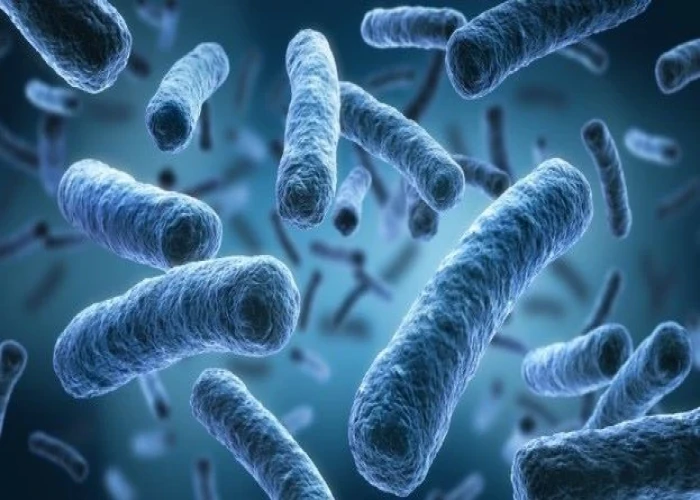
Microscopic colitis

Zika virus

Plague

Patent foramen ovale

Malignant hyperthermia
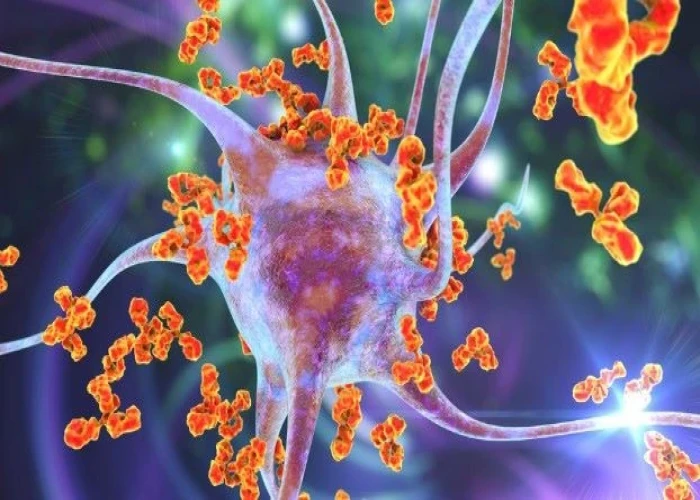
Paraneoplastic syndromes of the nervous system
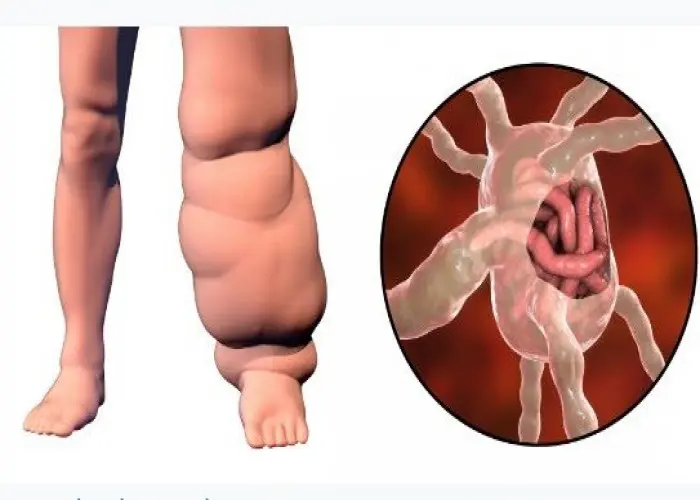
Filaria

Scarlet fever
Childhood schizophrenia, Childhood onset schizophrenia, শৈশব সিজোফ্রেনিয়া
To be happy, beautiful, healthy, wealthy, hale and long-lived stay with DM3S.
